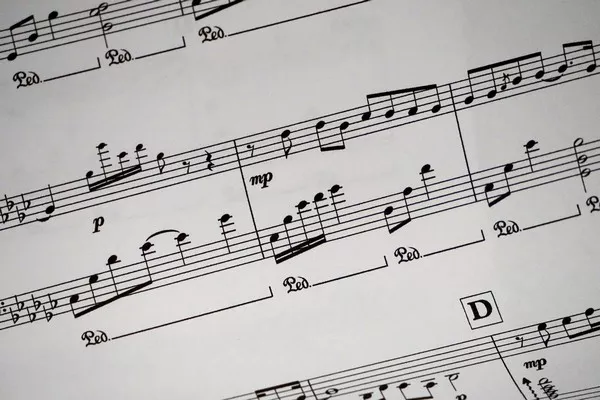Renowned composer Joan Tower, known for her compelling orchestral works, is embracing a more nuanced approach to her music, displaying a characteristic self-awareness and insightful introspection that define her creative journey.
Tower’s seminal orchestral piece, “Sequoia,” composed in 1981, makes a striking entrance with the resonating clash of a grand gong and the resounding clang of cowbells. Comparable to the stately redwood trees it pays homage to, the music possesses an imposing grandeur that occasionally startles even the composer herself. Reflecting on these dramatic moments, Tower humorously admits, “It’s probably the loudest thing you can create, and every time I hear it, I think, ‘No! Can we maybe dial that down a notch?'”
This lighthearted admission captures Tower’s approach. Despite her impressive achievements—a collection of honorary doctorates, three Grammy Awards, and the distinction of being the first woman to receive the Grawemeyer Award for music in 1990—Tower remains candid about her artistic self-doubts. At the same time, she openly shares her creative inspirations.
Drawing upon the rhythmic vitality that permeates her compositions, Tower acknowledges the profound influence of luminaries such as Beethoven and Stravinsky. Delving deeper into her artistic origins, she credits her formative years in Bolivia—her family’s move from Larchmont, N.Y., when she was just 9—as a wellspring of creativity. There, she maintained formal piano studies with a stringent German instructor while immersing herself in the vibrant local Incan musical traditions, playing percussion and mastering dance.
At 84 years old, Tower’s career spans six decades, marked by her ceaseless work ethic and prolific output. Currently engaged in crafting a composition for violin and percussionists, with a forthcoming commission for a saxophone concerto, Tower remains energetically productive. Her compositions are poised to resonate across the U.S. as well as in Switzerland and the Netherlands in the upcoming season. Beyond her creative pursuits, Tower has also shared her knowledge with students since 1972 at Bard College in Upstate New York.
In a recent video call conversation, Tower delved into her multifaceted career, candidly discussing her departure from the modernist composition school, her journey toward embracing self-confidence, and her intriguing encounters with the creative spirit of composers past. Her enduring commitment to her craft, combined with her reflective nature, underscores the rich tapestry of her contributions to the classical music landscape.



























